A social media policy has become a must have for organisations: Experts
The early days of social media facilitated a kind of Wild West utopia for freedom of speech and expression. Psychologists posit that people behave in unsavoury ways on social media platforms because these platforms offer them anonymity or distance them from any tangible repercussions in the real world. But as companies started advertising on these platforms and using them to manage their online reputation, these spaces became much more closed and public discourse began being governed by etiquette of decency and decorum.
Recently, a Gaana employee was terminated from her job after her posts on social media attracted an angry mob who demanded that the company sack her or risk getting uninstalled. To save face, the company let go of an employee who was expressing her personal views on social media.
In another incident, actor Gina Carano, who plays the character ‘Cara Dune’ in the Disney+ web series ‘The Mandalorian’, was removed from the future seasons of the show after Disney executives were concerned about the actor’s views on social media. However, in this case, the Twitter mob supported the actor’s stance.
As the social media space increasingly becomes normalised as a place for public discourse, organisations and individuals need to come to an understanding of how their actions can lead to real repercussions. Adgully invited several public relations experts to discuss on the topic – ‘The Digital Paradox – Blurring Lines’ – as part of our premier #TwitterChat property on February 12, 2021, to understand how expectations around digital communication need to be established:
Bhaskar Majumdar, Head, Corporate Affairs, Communications & Digital, Egis India
Heather Gupta, Group HR Director, MullenLoweLintas Group
Namita Ramani Sharma, Senior Marketing Manager, Tata AIG General Insurance
Radha Radhakrishnan, Global Head - Corporate Communications, Wipro
Samir Kapur, Director, AdFactors PR
Shweta Berry, Head of Strategic Alliances - Industry & Academia, Marcom, Sales Enablement and CSR Divisions, Aeris Communications, India
Venkatesh Somayaji, Founder, Visage11 Advisors
Bhaskar Majumdar: Growth of social media usage has a decisive impact on the business environment, both at the micro and macro levels. Internal stakeholders are responsible for the reputation of the brand. Employees are important stakeholder.
Shweta Berry: Employees are brand ambassadors to external world. Employee advocacy is taking prominence on social media due to its ability to go viral in no time. However, social media fiascos snowball in no time with geometric progression.
Samir Kapur: There are some instances where employees have been terminated due to their comments and posts on social media websites. In other cases, employers have used social media to conduct some sort of background checks on potential hires.
Namita Ramani: Employees are brand ambassadors of an organisation. It helps in following collaborative and strategic approach towards brand building, if handled well. Social media is intimidating and new space to explore for all of us. If guided well, employees who are social media friendly can be proven as a great asset towards brand building exercise.
Need for a social media policy
Shweta Berry: Companies do need to come out with social media advocacy which are effectively in the form of a set of guidelines, not rules controlling employees’ freedom of speech for establishing a positive brand image and protect confidential information.
Functionally, it would build awareness on employees’ certain behaviours and interactions that might lead to situations where their interactions on social media might potentially fringe into the area of the organisation’s interests.
Such advocacies are also essential for the company’s data privacy and digital security perspective. Social media guidelines would allow employees to take informed decisions while they tread in these grey areas of overlap, ensuring that their privacy is not invaded.
Radha Radhakrishnan: There should be do’s and don’ts laid out. More importantly, there should be transparency to let employees know what the organisation’s views on certain sensitive aspects are.
Often employees are not able to comprehend why their company is behaving the way it is... The guidelines have to bring in the broader perspective for better understanding and appreciation by employees.
Heather Gupta: Guidelines should include normal policy points on respecting others, non-harassment, remembering that these are public platforms, retaining confidentiality, etc.
Venkatesh Somayaji: It’s always recommended to set up some kind of guidelines because it shouldn’t come to people as a surprise if they are fired for doing something wrong.
Instead of forcing something in the form of guidelines onto them, just sensitise about what’s good and what’s bad and ugly on the Internet, including a code of conduct and what kind of decorum and courtesy they should have when interacting with anyone on social media platforms.
Bhaskar Majumdar: Social media’s reach is much wider than the traditional media’s. Smartphones, better network have increased the social media presence. Social media platforms are extremely influential. A social media policy actually encourages employees to be more involved.
COVID-19 has actually fast forwarded the adaptation of the digital environment and the need for a social media policy. Having a social media policy for any brand is essential to ensure that your employees know what they should and should not do on social channels.
A social media policy should include: protection of the business reputation, copyright violation & intellectual property confidentiality; guidelines around the factors affecting employee productivity; against cyber bullying, etc.
Easy access to the Internet has made it simple for stakeholders to communicate independently with brands and with free flowing communication, undoubtedly reputational risks have increased manifold.
Samir Kapur: Yes, guidelines should be established. Why? To establish a positive brand image and protect confidential information, HR leaders are and should be putting social media guidelines into place for their employees.
But what is the fine balance of these guidelines, how far is too far? In an attempt to protect their own image, are organisations being overly prescriptive in their rules for employee social media engagement?
The advent of employee advocacy has further blurred the lines between personal opinion and professional responsibility. While organisations want their employees to share organisations’ point of view; employees, on the other hand, don’t want organisations’ point of view and treat their social media handle as their own.
RTs are not endorsements
Shweta Berry: When we engage on Twitter/ LinkedIn, our Likes, Retweets, Shares are made public; and that’s broadcasting/ transmitting information, sharing it with real people by putting our name behind it, which essentially is endorsement.
Radha Radhakrishnan: On social media, some express first and then think of the consequences. Protecting themselves is something that is likely to get more focus in the future as norms get further tightened than what it is today.
Social media has enabled users to spread information without “subscribing” to it or agreeing to it. Therefore, such disclaimers have become imperative today.
Samir Kapur: The only purpose to write is that when someone doesn’t want to face any legal action in the future. It’s a common disclaimer in Twitter users’ bios: “Retweets ≠ endorsements”.
Given the size and influence of social media and repercussion that can happen, users are writing these disclaimers to their bios.
Shweta Berry: According to Buzzfeed, the phrase was started by Patrick LaForge, and it was something he borrowed from the New York Times social media policy, where he was an editor.
Whether we use disclaimer or not, the very act of liking/ retweeting/ sharing something is kind of endorsing it. If a user publishes/ retweets something that is false/ damaging to reputation/ baseless content about another person, it will be tagged as defamatory content.
Heather Gupta: They’re distancing themselves from the actions of others. Once your post is out there, you can’t control what happens to it.
Venkatesh Somayaji: I believe such disclaimers just serve as personal satisfaction, but there are no legal consequences that such disclaimers and declarations can save you from.
Disclaimers citing that likes and retweets are not endorsements is more about clearing your conscience that you’re not really pushing someone’s agenda. But you’re liking something because you felt like it is relevant, but that doesn’t really mean that you’re endorsing the content in its entirety.
Should social media platforms share the blame?
Shweta Berry: In 2020, social media contributed highest share of Rs 3,835 crore, or 28% to the overall Indian digital advertising pie of Rs 13,683 crore. In the US, Section 230 is an Internet law that shields online platforms from being liable for content that people post, a liability that applies to news publishers.
Once the amended guidelines come, social media platforms will be required to tag and identify all sponsored content published. But Intermediary Guidelines have been delayed as the Law Ministry wants them to be in sync with the Data Protection Bill, expected next year.
In India, Section 79-II of the IT Act, 2000, currently exempts online intermediaries from liability for any third-party content shared on their platform. New clause added to the IT Act makes it clear that the onus of non-user generated content will now fall on social media platforms.
Social media companies currently claim to be mere platforms, without control on the content posted by users. Currently, Facebook/ Twitter/ Instagram have features and tags through which advertisements and paid partnerships are displayed.
Bhaskar Majumdar: It depends. Currently, they should not be treated as publishing platforms unless the platform regularly publishes news and not views or it is an extension to a media outlet.
Venkatesh Somayaji: Social media platforms cannot be treated as publishers, but people who are publishing the content should be considered as the publishers and that’s why Instagram is not an influencer in itself, but the people on Instagram can be the influencers.
Shweta Berry: I beg to differ! It’s a known fact that advertisers/ marketers push brand content through influencers to make it look more organic. It’s up to the influencer to reveal whether they were paid or not for their endorsement. Social media is the medium of advertising and publishing agency.
It is a common practice of advertisers/ marketers to push content through influencers to make it look more organic. DAN Digital Report 2020 showed that last year’s advertising spends on digital media was led by social media platforms.
Namita Ramani: The right balance should be given to social media, with accountability and protection of facts like traditional media. At this point of time, it is playing a dual role.
Samir Kapur: What if we treat social media platforms more like publishers? Would it curb speech in a way that is inconsistent with an open Internet? I don’t think it would. We need to find a balance between responsibility and the free flow of information.
While social platforms are protected from liability from user posts, given the phenomenal rise and growing influence of these platforms, they should be treated as publishers.
The reality is that more and more netizens get their news and other critical information from social media. Without effective moderation, netizens are getting an increasingly steady diet of misinformation that is given credibility by its spread on social media.
Radha Radhakrishnan: Social media platforms are publishing platforms. It has created influencers, celebrities and experts. These are people public follow ardently. This is no different from an offline media following.
Heather Gupta: Social platforms are definitely publishers. Just because they relinquish the right to “approve” comments and posts doesn’t mean they should not be held accountable.


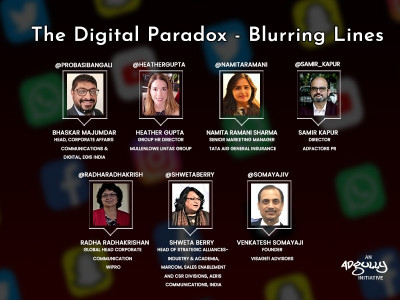








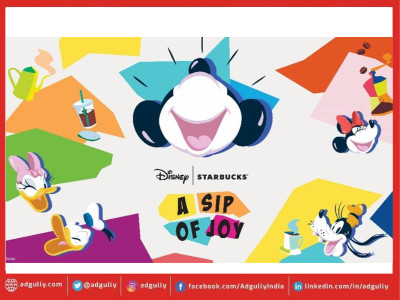
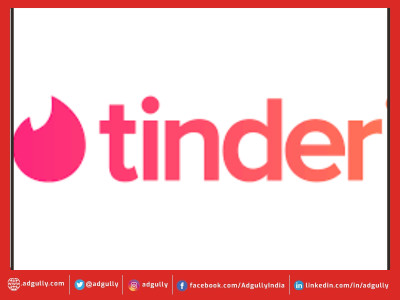
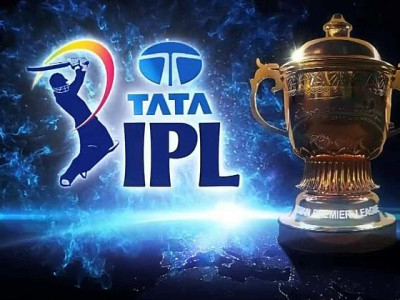
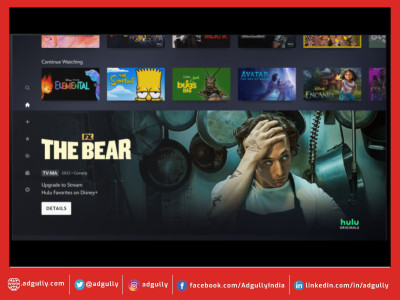

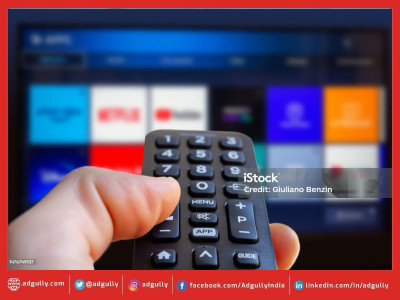
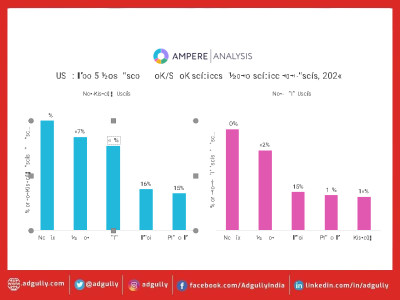
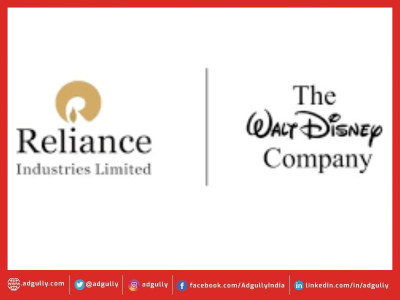

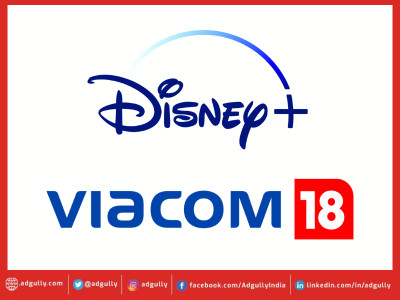
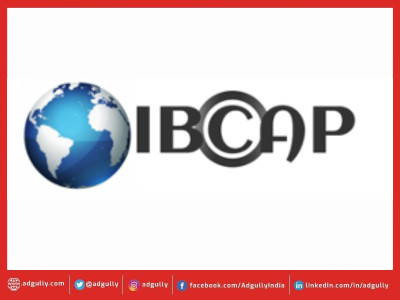

Share
Facebook
YouTube
Tweet
Twitter
LinkedIn